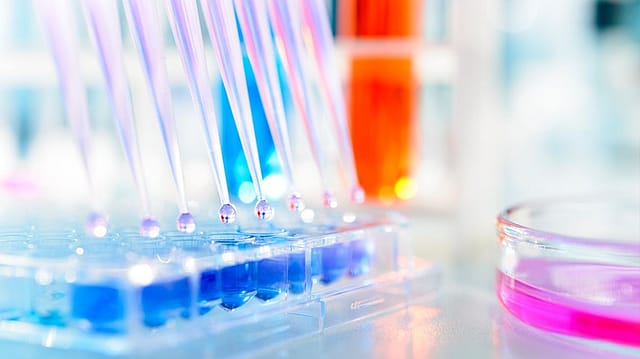New rules bar unethical marketing by pharma companies
ADVERTISEMENT

The government has introduced a new legal code aimed at curtailing unethical marketing practices of drugs and prohibiting medical representatives from using "inducements" to gain access to healthcare professionals. On March 12, the Department of Pharmaceuticals (DoP) issued a directive instructing pharmaceutical industry associations to ensure "strict compliance" with the Uniform Code for Pharmaceutical Marketing Practices (UCPMP) 2024.
This code also includes guidelines for claims and comparisons, as well as defining the nature of the relationship between healthcare professionals and medical representatives representing companies. Pharma associations are required to establish a five-member Ethics Committee for Pharma Manufacturing Practices (ECPMP) and create a dedicated portal on their websites.
“The names or photographs of healthcare professionals must not be used in promotional material,” it states.
Violations of these norms could result in penalties ranging from the recovery of funds to the suspension or expulsion of the offending entity from the association. The ECPMP has the authority to investigate any entity accused of violating the norms. However, it remains unclear under which law this code will be enforced and how prosecutions will be carried out.
As members of pharmaceutical industry associations, companies must submit a self-declaration within two months of the end of each financial year, affirming their compliance with the UCPMP. Non-compliance could lead to the debarring of members from associations.
The UCPMP allows for continuing medical education (CME), continuing professional development (CPD). According to the DoP, engagement between the pharmaceutical industry and healthcare professionals for such education or professional development should adhere to a transparent and verifiable set of guidelines.
Regarding promotional items, the UCPMP permits the distribution of informational and educational items, such as books, calendars, diaries, journals (including e-journals), dummy device models, and clinical treatment guidelines, with a value not exceeding ₹1,000 per item. These items should not have an independent commercial value for healthcare professionals.
The UCPMP also prohibits the supply of free samples to those unqualified to prescribe drugs and bars pharmaceutical companies from offering gifts and travel facilities to healthcare professionals or their family members. A pharmaceutical company shall not supply a sample of a drug which is a hypnotic, sedative, or a tranquilliser.
According to the new guidelines, drugs must not be promoted before receiving marketing approval from the regulatory authority authorising sale or distribution. Information about drugs must be balanced, up-to-date, and must not mislead individuals either directly or indirectly.
As per the new regulations, the term "safe" cannot be employed without clarification, nor can it be asserted definitively that a medication is entirely devoid of side effects, toxicity risks, or potential addiction. Similarly, the term "new" should not be applied to any medication or therapeutic approach that has been widely accessible or promoted within India for over a year.